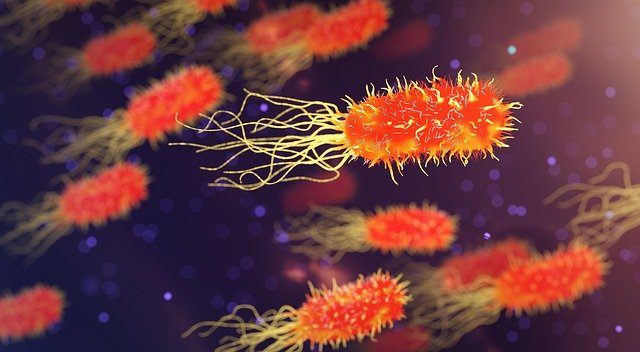Who Need Help. Drug Rehab, Anyone?
Introduction
Drug addiction is a pervasive issue affecting millions globally, causing detrimental effects on individuals and society as a whole. The journey to recovery often begins with seeking professional help through drug rehabilitation programs.
Understanding Drug Rehab
Drug rehabilitation, commonly known as drug rehab, is a process designed to help individuals overcome substance abuse disorders. It involves a comprehensive approach to address the physical, psychological, and social aspects of addiction. Seeking professional assistance is crucial in breaking the cycle of dependence and moving towards a healthier, substance-free life.
Types of Drug Rehab Programs
There are various types of drug rehab programs catering to the diverse needs of individuals. Inpatient rehabilitation involves residing at a treatment facility, offering a structured and immersive experience. On the other hand, outpatient rehabilitation allows individuals to attend therapy sessions while continuing their daily activities. Holistic approaches combine traditional therapies with alternative methods, focusing on the overall well-being of the individual.
Signs You Need Drug Rehab
Recognizing the signs of addiction is the first step toward recovery. Behavioral changes, physical symptoms like weight loss or gain, and social isolation are indicators that professional help may be necessary. Understanding these signs empowers individuals and their loved ones to take proactive steps towards recovery.
Choosing the Right Rehab Center
Selecting the right rehab center is pivotal for a successful recovery journey. Accreditation, treatment approaches, and success rates should be considered. Testimonials from individuals who have completed the program can provide valuable insights into the center's effectiveness.
The Rehab Process
The rehabilitation process typically begins with a detoxification phase to eliminate the substance from the body. Therapeutic interventions, such as counseling and group therapy, address the psychological aspects of addiction. Aftercare programs and relapse prevention strategies play a crucial role in sustaining recovery beyond the initial treatment period.
Benefits of Drug Rehab
Drug rehab not only addresses the physical aspects of addiction but also contributes to mental and emotional well-being. Restoration of relationships and reintegration into society are significant benefits, highlighting the transformative impact of rehabilitation.
Challenges During Rehab
While the benefits of rehab are substantial, individuals may face challenges such as withdrawal symptoms and emotional struggles. A robust support system, including healthcare professionals, friends, and family, is essential during this challenging period.
Success Stories
Real-life success stories inspire hope and demonstrate that recovery is achievable. These stories showcase the resilience and strength of individuals who have successfully overcome addiction through the support of drug rehab programs.
Insurance and Financial Considerations
Exploring insurance coverage options and affordable rehab alternatives ensures that individuals can access the necessary treatment without undue financial burden.
Community Support and Involvement
The involvement of family and friends, along with community resources, plays a crucial role in supporting recovering individuals. Building a strong support network is instrumental in the recovery process.
Addressing Stigmas Around Rehab
Changing societal perceptions and promoting empathy is essential to destigmatize drug rehab. Understanding that addiction is a complex health issue helps create a more supportive environment for those seeking help.
Post-Rehab Life
Coping strategies learned during rehab are invaluable in navigating post-rehab life. Rebuilding life after addiction involves setting realistic goals and maintaining a focus on personal growth.
Relapse Prevention Strategies
Identifying triggers, creating a robust support network, and continuing therapy and counseling are key strategies in preventing relapse. Ongoing commitment to these strategies significantly enhances the chances of maintaining long-term recovery.
Conclusion
In conclusion, drug rehab is a transformative journey towards recovery, addressing the multifaceted aspects of addiction. It is a beacon of hope for those struggling with substance abuse, providing the necessary tools and support to reclaim a healthier and fulfilling life.
FAQs
-
Is drug rehab only for severe addiction cases?
- No, drug rehab is beneficial for individuals at various stages of addiction, providing tailored interventions based on the severity of the issue.
-
How long does drug rehab typically last?
- The duration of drug rehab varies, with programs ranging from a few weeks to several months. The length depends on individual needs and progress.
-
Can I afford drug rehab without insurance?
- Many rehab centers offer affordable options, and financial assistance programs may be available. It's essential to explore various options to find a suitable solution.
-
Is relapse common after completing drug rehab?
- While relapse can occur, ongoing support, therapy, and relapse prevention strategies significantly reduce the likelihood. Each individual's journey is unique.
-
Are there alternative approaches to traditional drug rehab?
- Yes, holistic approaches combine traditional therapies with alternative methods, offering a more comprehensive and personalized recovery experience.
